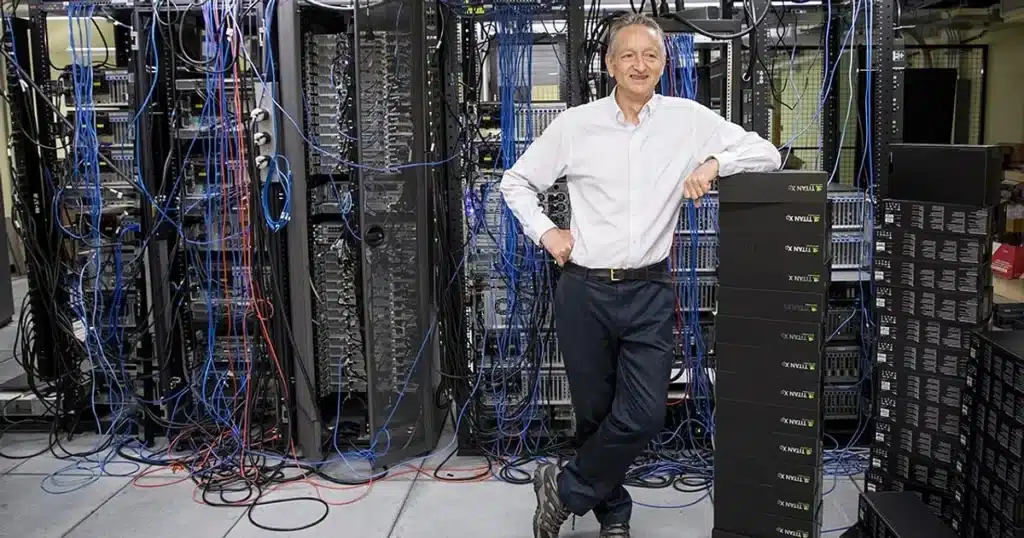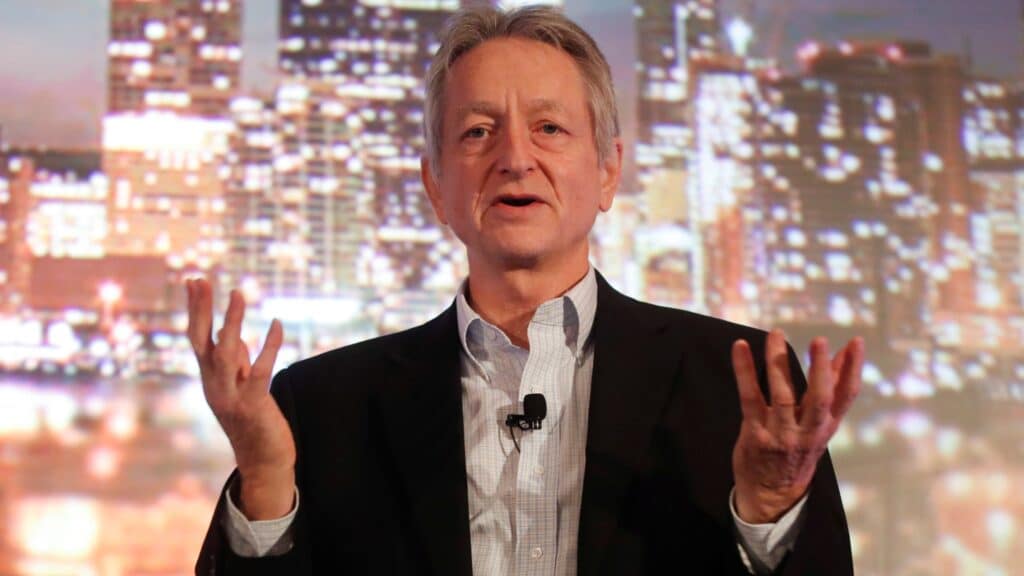Geoffrey Hinton, a frontiersperson in the field of artificial intelligence, played a key role in the development of the technology that has become the cornerstone of the AI systems used by major tech companies today. Alongside two of his graduate students from the University of Toronto, Hinton created technology that has since been used to power popular chatbots like ChatGPT.
However, Hinton has now become a vocal critic of these companies, joining others who are concerned about the potential dangers of the products being created through generative AI. This technology is at the core of the aggressive campaigns being pursued by many major tech firms, and Hinton’s stance is adding to a growing chorus of voices raising the alarm about its implications.
After working for more than a decade at Google and becoming one of the most revered figures in the field of artificial intelligence, Geoffrey Hinton has resigned from his position to freely raise concerns about the dangers of AI. In doing so, he has joined a growing number of critics who believe that tech giants are moving towards disaster with their overzealous pursuit of generative AI, the technology that powers conversational chatbots like ChatGPT. Hinton stated during an interview last week in his Toronto home, located just a few minutes walk from where he and his graduate students made their breakthrough that he now regrets his life’s work. Despite this, he tries to console himself with the thought that someone else would have done it if he hadn’t.
“I console myself with the normal excuse: If I hadn’t done it, somebody else would have”
Hinton’s transformation from an AI pioneer to a doomsayer signifies a significant turning point for the technology industry, which is at its most crucial juncture in decades. The leading figures of the industry believe that the latest AI systems could be as pivotal as the introduction of web browsers in the early 1990s and might bring breakthroughs in fields like drug research and education.
However, many insiders of the industry harbor a deep-seated concern that they might be unleashing something perilous into the world. Generative AI has already proven to be a tool for misinformation, and it could soon endanger jobs. The most significant cause for alarm is the fear that, at some point in the future, this technology could put humanity at risk.
Back in 2012, Hinton and his two students made a groundbreaking breakthrough in the field of artificial intelligence. They developed a neural network that had the ability to analyze and recognize thousands of images without human assistance. This innovation caught the attention of Google, which paid a whopping $44 million to acquire the company started by Hinton and his students. This led to the development of powerful technologies, such as ChatGPT and Google Bard. His student, Sutskever, went on to become the Chief Scientist at OpenAI. The significance of their work was later recognized by the Turing Award, which they received in 2018, often referred to as the “Nobel Prize of computing,” for their exceptional work on neural networks.



